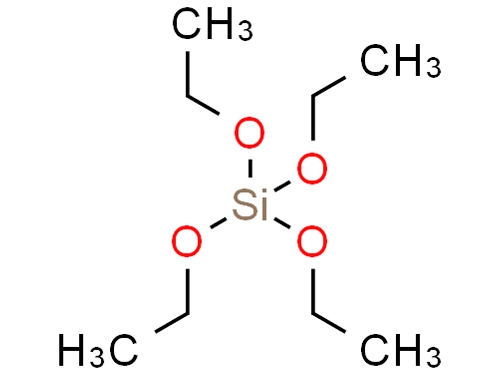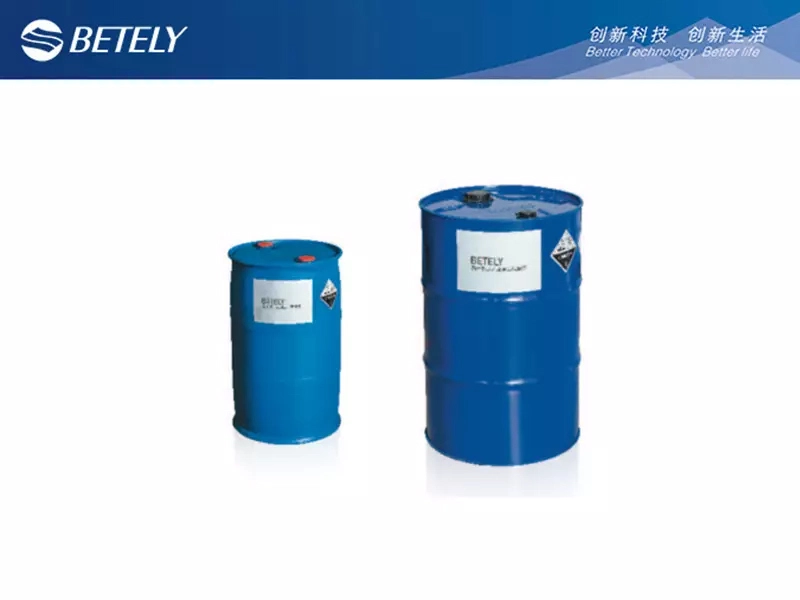The platinum catalyst is a kind of catalyst with high activity and high catalytic efficiency in silicone rubber curing. Platinum catalysts can efficiently catalyze the addition reaction of Si-Vi and Si-H without side reaction. Besides, the platinum catalyst also has the advantages of good stability and strong anti-toxic, which can avoid the formation of black substances in the process of storage or use, and reduce the influence of nitrogen and sulfur-containing substances.
In addition to the above advantages, as a catalyst for silicone rubber, platinum catalyst material also has the advantages of good selectivity, less by-product, little influence on the transparency of the compound, high transparency products, and eco-friendly chemical feature. Betely is one of the most professional platinum catalyst suppliers that provides high-quality platinum catalyst materials to ensure the quality and performance of your products.
The application fields of platinum catalysts are given below:
Platinum catalyst can be used as a catalyst for liquid addition silicone rubber, silicone gel,
addition molding compound, electronic potting adhesive, silica gel ink, and so on.
Catalysts for the synthesis of polyether silicone oil, amino silicone oil, etc.
Other applications of hydrosilylation reaction.
Paper separator
Modified organosilicon

The valence state of platinum: zero-valent platinum is the most active. Sometimes, there is a small amount of Pt2+.
The existence of oxygen or not: oxygen can accelerate the hydrosilylation reaction. From the hydrosilylation reaction mechanism, oxygen is the promoter.
The effectiveness of inhibitors and retarders is based on the production needs to apply to inhibit or delay the hydrosilylation reaction. (Generally organic peroxides, methyl isobutyl alcohols, other low boiling ethynyl alcohols, tetra vinyl tetramethyl cyclo tetra siloxanes, and nitriles)
Dosage of inhibitor or retarder: 1-5% of liquid silicone rubber. In order to slow down or stop the platinum sulfurization process, 1-3 drops of the inhibitor are
added to 100 g of polymer. (Note: Common inhibitors and Retardants: vinyl siloxane, ethynol, dimethyl fumaric acid. However, vinyl methyl cyclo siloxane is the most convenient one to use, which is odorless, stable, and easy to store.)



